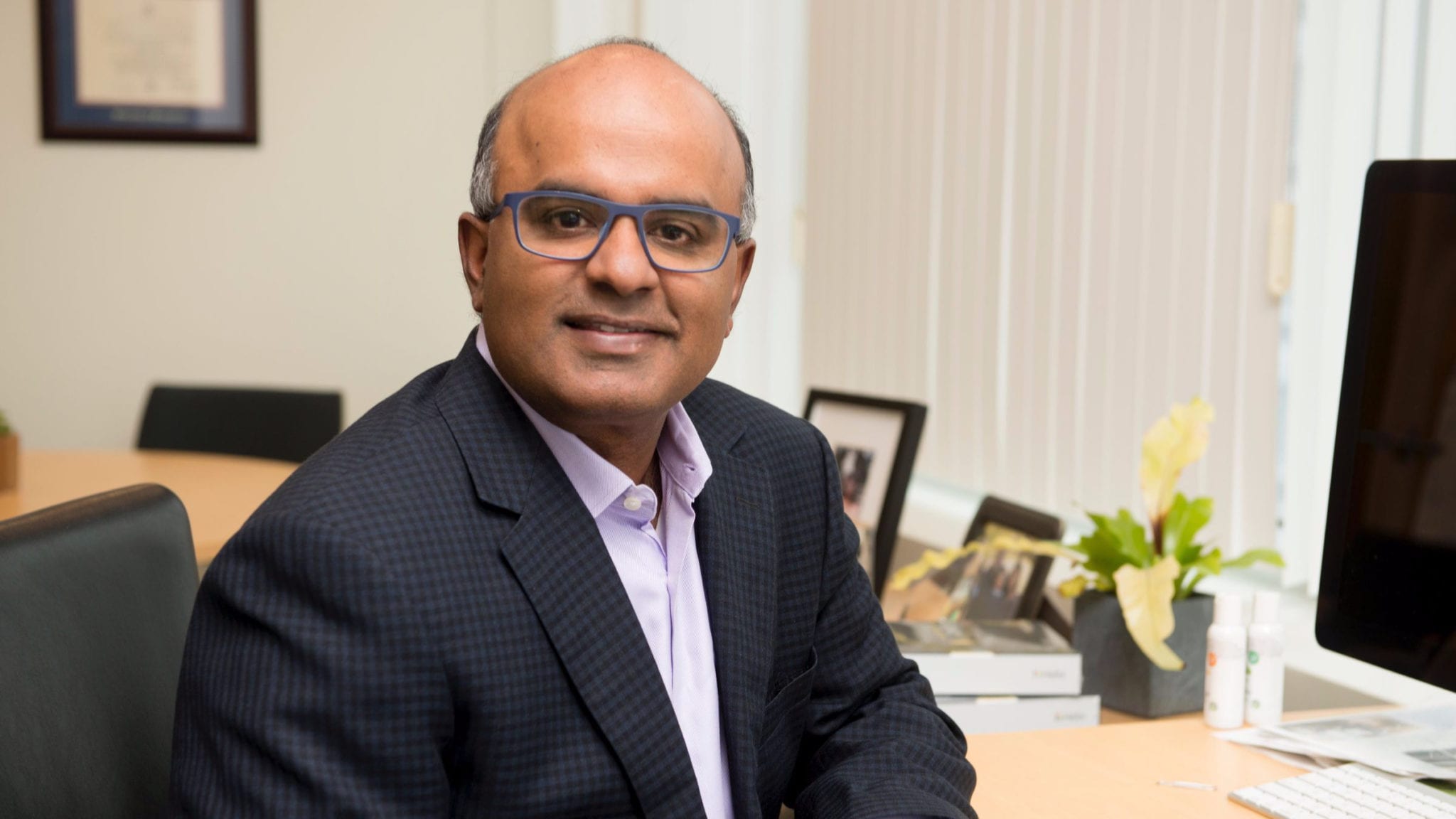
One of the world's top experts in coronary heart disease is spearheading a new gene editing upstart out to transform the field
As head of the Center for Human Genetic Research at Massachusetts General Hospital and the Broad’s Cardiovascular Disease Initiative, Sekar Kathiresan has occupied a singular …
Sign up to read this article for free.
Get free access to a limited number of articles, plus choose newsletters to get straight to your inbox.